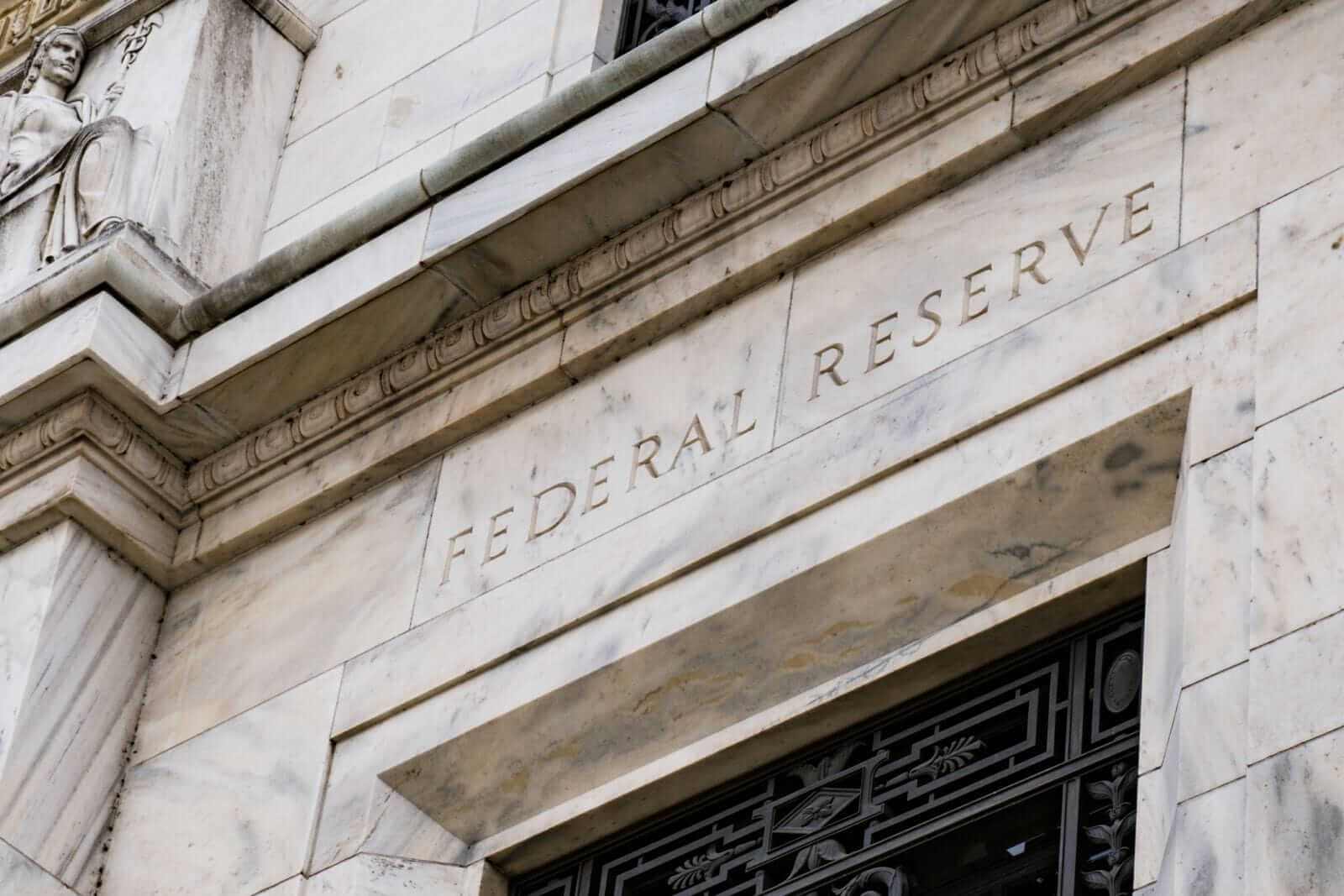
In a recent episode of The Ramsey Show, Dave Ramsey delivered a pointed reminder about the real priorities of many financial institutions: they aren't looking out for your best interests. "A lot of financial institutions don't care too much about you, but they care a lot about getting their sweaty hands on your money," Ramsey said, highlighting a reality that too many people overlook.
High Fees and Fancy Lobbies
When you walk into a typical bank, you might notice the impressive lobbies, marble columns, and expensive décor. What you may not realize is that these luxuries are often paid for by customers like you through high fees. Overdraft charges, maintenance fees, and other banking costs add up quickly, siphoning off your hard-earned money.
The financial industry is designed to profit from the masses. While these institutions provide essential services, they often use their position to charge excessive fees for basic financial tasks. Checking accounts with monthly fees, overdraft protection that costs more than it saves, and high-interest loans are just a few examples of how banks can prioritize profits over people.
Credit Unions: A Smarter Alternative?
Ramsey points to credit unions as a better option for most consumers. "I prefer credit unions because of their membership focus, lower fees, and better experience overall," he explained. Unlike traditional banks, credit unions are nonprofit organizations. This means they tend to operate with the goal of serving their members rather than maximizing shareholder profits.
Many credit unions offer lower fees on checking and savings accounts, better interest rates on loans, and a more personalized customer experience. Because they are member-owned, credit unions are more likely to offer services that align with the financial well-being of their members rather than pushing products that generate high profits.
For example, Ramsey endorses Fairwinds Credit Union, a financial institution that aligns with his mission of helping people avoid debt and manage their money wisely. "They won't try to force debt products and loans on you," he said, emphasizing the contrast between Fairwinds' approach and that of many traditional banks.
Take Control of Your Finances
Beyond monthly maintenance fees, many banks impose a range of additional charges that can quietly drain your accounts. These include hidden fees like overdraft fees, ATM fees, and wire transfer charges that quietly add up over time. These costs can drain hundreds or even thousands from your accounts annually. So, what can you do to keep financial institutions from getting their "sweaty hands" on your money? Ramsey offers a few practical steps:
Switch to a credit union or fee-free bank. Make sure you're not paying for basic financial services. Many online banks now offer no-fee checking and savings accounts with features like free overdraft protection and free ATM access nationwide. Credit unions often provide similar services without the high fees.
Create and stick to a budget. Many people end up incurring fees because they lose track of their spending. By setting up a budget and sticking to it, you can avoid dipping into overdraft territory or relying on high-interest credit lines.
Avoid debt products. Financial institutions make most of their money from debt. High-interest loans, credit cards, and mortgages are designed to keep you paying for years. By avoiding these products—or at least being strategic in how you use them—you can keep more of your money in your pocket.
Be intentional with your banking choices. Don't settle for the first bank that you see advertised. Look for institutions that align with your financial goals, whether that's a credit union, a smaller regional bank, or an online platform.
Final Thoughts
Dave Ramsey's message is clear: financial institutions, particularly large banks, often care more about making money than helping you manage yours. By switching to a credit union or a fee-free financial institution, budgeting carefully, and avoiding debt, you can take control of your finances and keep more of your money where it belongs—in your own pocket.
More Stock Market News from Barchart
- GE Healthcare Stock: Is GEHC Outperforming the Healthcare Sector?
- Is Martin Marietta Stock Underperforming the Nasdaq?
- Bottom 100 Stocks to Buy: Is Hertz Global Holdings Ready for a Second Trip to Chapter 11?
- How Is Diamondback Energy’s Stock Performance Compared to Other Oil & Gas E&P Stocks?







